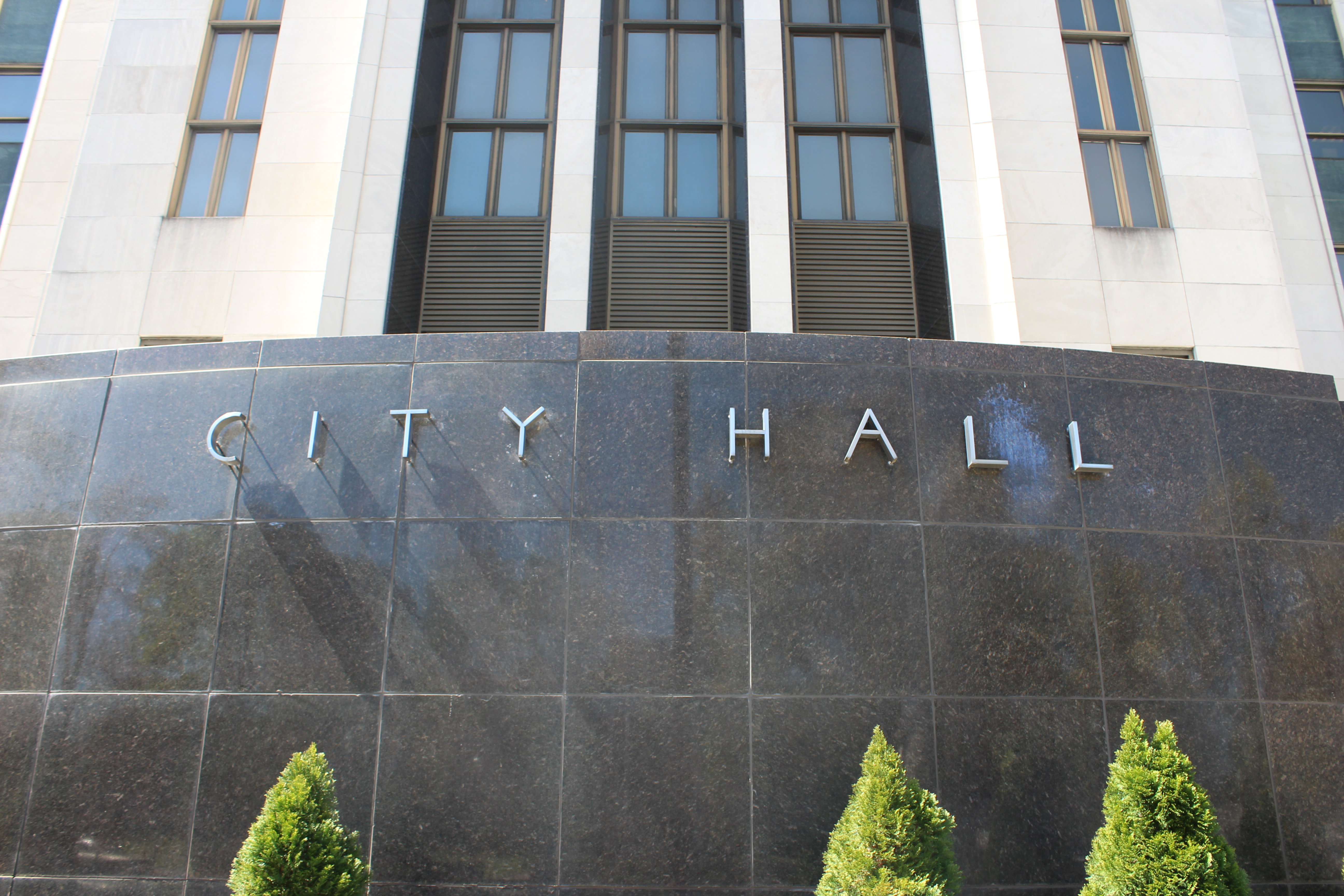By Barnett Wright
Times staff writer
It was an extraordinary moment for the sitting mayor of a major metropolitan city.
On Thursday March 17, Birmingham residents were invited by the City Council to discuss proposed changes to the Mayor-Council Act, which lays the ground rules for the city’s municipal government. Many at the meeting, however, spent their time questioning the mayor’s commitment to the city and its people.
After quietly, patiently listening to a chamber full of angry citizens for nearly two hours, Birmingham Mayor William Bell took the microphone.
“It’s difficult listening to some of the things that were said,” said Bell, after hearing more than a dozen people speak. “Questions about whether I am black enough, whether I am committed enough, whether I care about people, [residents] telling me what hadn’t been done.”
One resident, Eddie Williams, who said he was born and raised in Birmingham, told the mayor that the white population was “migrating into Birmingham now. They are building up, and they are coming in. When you are out of office, a white mayor is going to be sitting in this position where you are sitting. [That mayor] is going to use every one of those things you created to hurt black people. We done came too far to get set back.”
Bell was exasperated.
“When you have people come up here and talk about ‘white folks this’ and ‘black folks that,’ think about what they are saying. You all voted for me not to be the black mayor of black folks or the black mayor of white folks. You voted for me to be the mayor of the people of this city. As mayor, I have to work with everybody.”
A Giant Step Backward
Three years after celebrating its momentous Civil Rights movement with the theme “50 Years Forward,” Birmingham now appears to be taking a giant step backward. A city that had made undeniable progress over half a century—including recent capital projects both downtown and in neighborhoods—is apparently reverting to the behavior that had ruined its reputation.
To be fair, some attending the meeting expressed legitimate concerns. Sergio Williams, 23, of Gate City, said elected officials need more input from young people. He also suggested that the city open shelters to help educate homeless teens who have poor reading and math skills.
Constructive comments, however, were drowned out by rhetoric so heated that the mayor was left to defend his honor—both as a black man and as Birmingham’s highest elected official. Mayor Bell told this story:
“My grandmother took me to New Pilgrim Baptist Church to hear a man by the name of Martin Luther King. When I got there, I met two other gentlemen: Tommy Wrenn and James Orange . . . [They] tutored me about what the Civil Rights movement was all about. The Civil Rights movement was not about creating an us-versus-them environment. The Civil Rights movement was about bringing all people of goodwill together to prosper.”
Us Versus Them
The us versus them is no longer blacks versus whites, according to political observers, as much as it is the mayor versus the council.
“Right now, we don’t have a meeting of the minds,” Bell said. “You can blame me. You can blame them. But the bottom line is there is no meeting of the minds.”
Councilor Marcus Lundy, who also attended the meeting, took it further.
“I think our city is in peril because two guys didn’t come together, so I’m going to apologize,” he said.
In December 2015, Lundy and Bell had a physical altercation that made national headlines. That incident—known today as the Brawl at City Hall—remains a blemish on the city and, Lundy believes, is partly responsible for the climate in Birmingham.
“I’m better than this. The mayor is better than this. We all are better than this,” Lundy said. “And none of us, in the end, will win because the people lose.”





